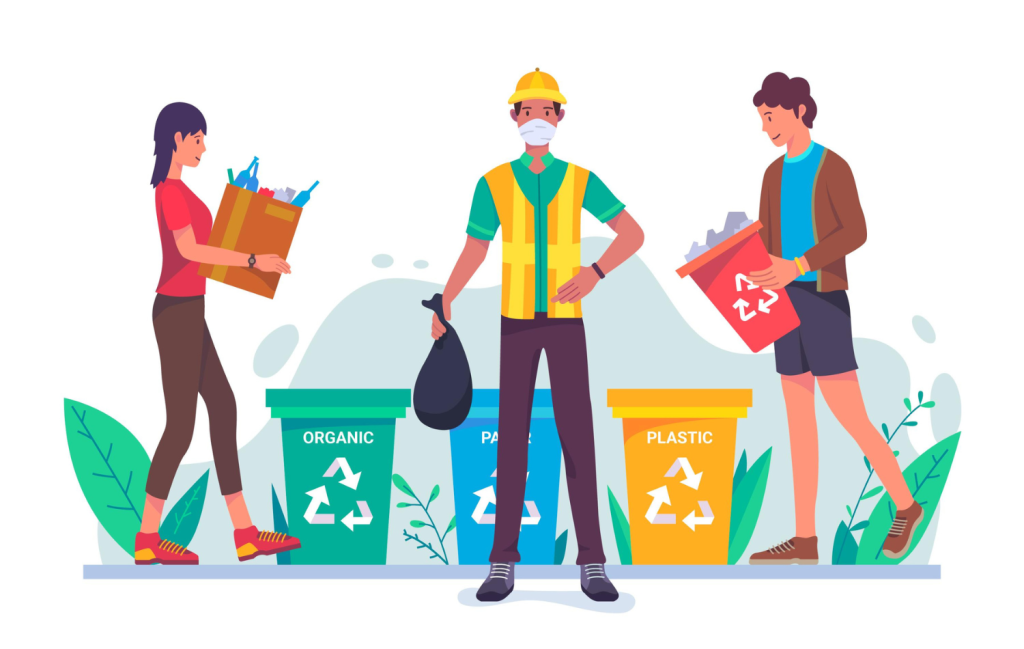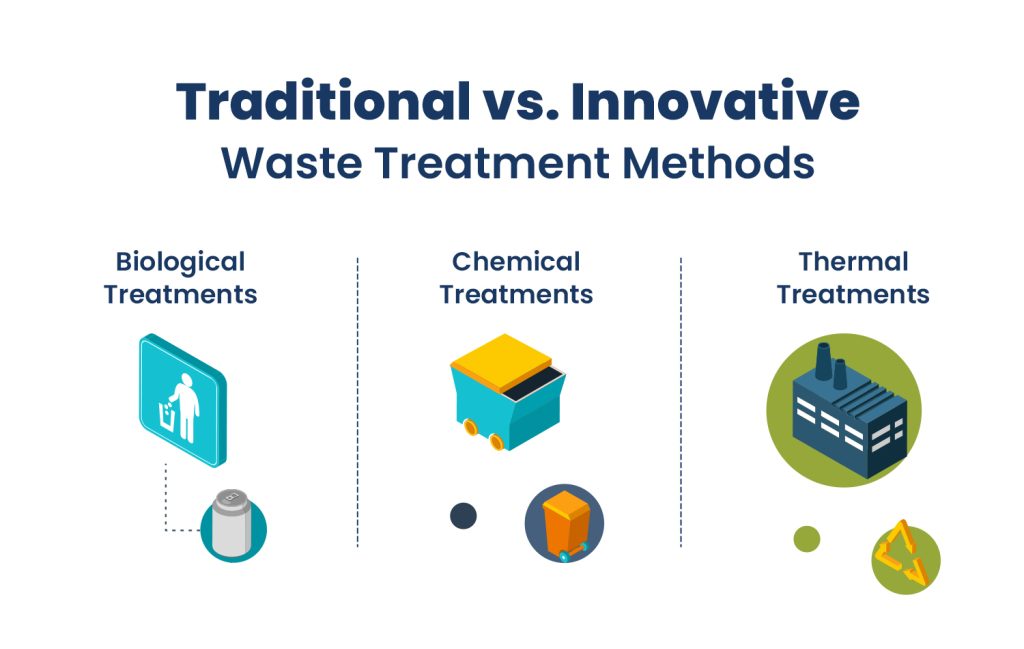Comprehensive Guide to Waste Management Processes

In today’s rapidly growing world, effective waste management is crucial for maintaining public health, protecting the environment, and conserving resources. Efficient waste management systems help mitigate pollution, reduce greenhouse gas emissions, and support recycling and resource recovery efforts, ultimately contributing to a sustainable future. In Africa, these practices are especially vital as the continent grapples with rapid urbanization, population growth, and the corresponding increase in waste generation.
Activities and actions required to handle waste from its inception to its final disposal. This includes collection, transport, treatment, and disposal of waste, as well as monitoring and regulation. The goal is to reduce the adverse effects of waste on health, the environment and aesthetics.
Understanding Waste Management
Waste management is the systematic control of the generation, storage, collection, transport, separation, processing, recycling, recovery, and disposal of waste. It includes all legal, technical, and financial aspects related to the entire waste cycle.
Types of Waste
- Solid Waste: Includes household garbage, industrial waste, and construction debris. In many African cities, solid waste management is a significant challenge due to inadequate infrastructure and resources.
- Liquid Waste: Encompasses wastewater, oils, and other non-solid materials. Effective management of liquid waste is crucial for preventing water pollution, especially in regions with limited access to clean water.
- Hazardous Waste: Contains toxic, chemical, and other dangerous materials requiring special handling. Proper disposal is essential to avoid health risks and environmental contamination.

Stages of Waste Management
Collection and Segregation – Efficient waste collection and segregation are foundational to the waste management process. Properly segregated waste can significantly enhance recycling and treatment efforts, making the entire system more effective and sustainable. In Africa, community engagement and education on waste segregation are key to improving waste management practices.
Transportation –Transportation involves moving collected waste to treatment or disposal facilities. This stage requires specialized vehicles and systems to ensure safe and efficient transport, minimizing the risk of spillage and environmental contamination. In many African countries, improving waste transportation infrastructure is critical to ensuring effective waste management.
Treatment –
- Recycling: The process of converting waste into reusable materials. Recycling initiatives in Africa, such as the collection and processing of plastic waste, are crucial for reducing landfill use and promoting sustainable development.
- Composting: Decomposing organic waste into nutrient-rich soil. This method is particularly relevant in African countries with significant agricultural activities, providing a sustainable way to manage organic waste.
- Incineration: Burning waste at high temperatures to reduce its volume and potentially generate energy. While this method can be effective, it requires careful management to prevent air pollution.
Disposal – Final disposal is the last step, where waste is safely deposited in landfills or other disposal sites. This stage aims to minimize environmental impact and adhere to regulatory standards. In Africa, the development of sanitary landfills and improved waste disposal practices are essential for protecting the environment and public health.
Key Components of a Waste Management System
Waste Handling Systems – Effective waste handling systems are designed to manage the collection, sorting, and transportation of waste. These systems must be robust, scalable, and adaptable to different types of waste and volumes. In African contexts, innovative and locally appropriate solutions are needed to address specific waste management challenges.
Waste Collection Systems – These systems involve various methods and equipment for gathering waste from residential, commercial, and industrial sources. They include curbside collection, drop-off centers, and specialized containers. Enhancing waste collection systems in Africa can significantly improve overall waste management efficienc.
Treatment and Disposal Solutions – Waste treatment and disposal solutions vary based on the type and volume of waste. They include recycling facilities, composting sites, incinerators, and sanitary landfills. Advanced technologies and processes are employed to maximize efficiency and environmental protection. In Africa, investment in waste treatment infrastructure is crucial for managing the growing waste volumes effectively.
Benefits of Effective Waste Management
Environmental Protection – Proper waste management reduces pollution, conserves natural resources, and mitigates climate change. It ensures that hazardous substances are handled and disposed of safely, protecting ecosystems and biodiversity. In Africa, effective waste management is vital for preserving the continent’s rich natural heritage.
Economic Advantages – Effective waste management can lead to significant cost savings for businesses and municipalities. Recycling and resource recovery can generate revenue, while efficient systems reduce the need for expensive landfill space and cleanup efforts. In Africa, creating jobs in the waste management sector can contribute to economic development and poverty reduction.
Compliance with Regulations – Adhering to waste management regulations ensures legal compliance and avoids fines and penalties. It also demonstrates a commitment to environmental stewardship and corporate responsibility. Strengthening regulatory frameworks in African countries can support the implementation of effective waste management practices.
Waste management is a critical component of modern society, addressing environmental, economic, and regulatory challenges. By implementing effective waste management processes, we can protect the environment, enhance public health, and support sustainable development. In Africa, these efforts are particularly important for managing rapid growth and ensuring a sustainable future.
Consider Professional Waste Management Solutions by KS Infosystems
To achieve these benefits, it is essential to consider professional waste management solutions. KS Infosystems offers comprehensive waste management services that encompass the collection, treatment, and disposal of solid and liquid waste, as well as innovative recycling solutions. Partner with us to make a positive impact on the environment and your community.



